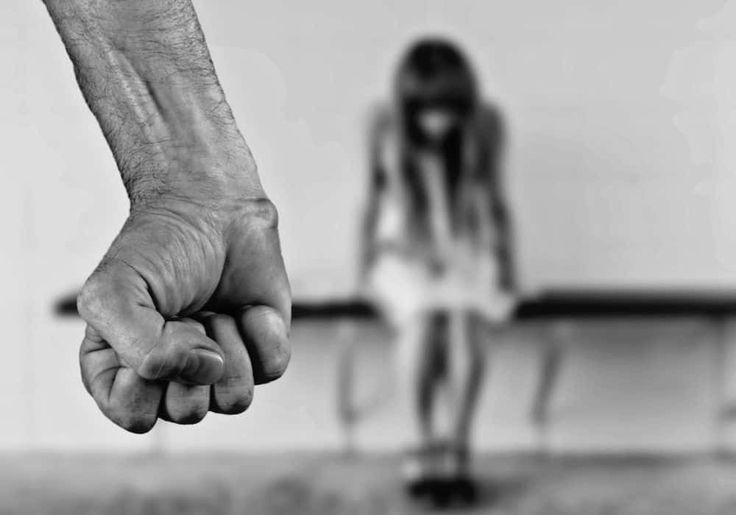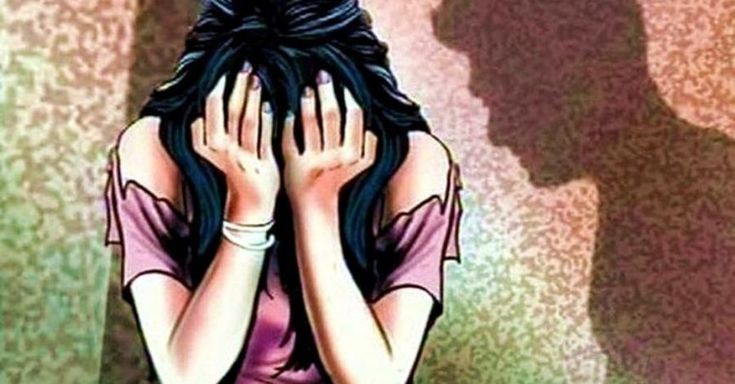Marital rape, defined as non-consensual sexual intercourse by a spouse, remains a contentious and under-addressed issue in many parts of the world, including India. Despite significant progress in women’s rights, marital rape often falls through the cracks of legal and societal protection due to entrenched cultural and patriarchal norms. This blog post delves deeply into the history, legal battles, present scenario, and perspectives of various stakeholders on marital rape, providing a comprehensive understanding of this grave issue.

In this post,
ToggleHistorical Context and Movements
The history of marital rape in India is rooted in colonial-era legal frameworks, which largely ignored women’s autonomy and consent within marriage. Under British rule, the legal system adopted a patriarchal stance, considering marriage as a contract where a wife’s consent was perpetually implied. This notion was embedded in the Indian Penal Code of 1860, which excluded marital rape from the definition of rape.Post-independence, India saw various movements advocating for women’s rights, yet marital rape remained a neglected issue. The women’s liberation movement of the 1970s and 1980s brought significant attention to issues of domestic violence and sexual harassment, but the specific crime of marital rape did not receive the same focus. Feminist organizations have consistently campaigned for recognizing marital rape as a criminal offense, emphasizing the need for legal reforms to protect married women from sexual violence by their spouses.
Court Verdicts and Legal Milestones
Several landmark cases have shaped the discourse on marital rape in India. The Supreme Court’s judgment in the case of Independent Thought vs. Union of India (2017) was a significant milestone.
The court ruled that sexual intercourse with a minor wife (below 18 years) constitutes rape, marking a shift towards recognizing the autonomy and consent of married women. However, this ruling did not extend to adult women, leaving a significant gap in legal protection against marital rape.
Other notable cases include Tuka Ram and Anr vs. State of Maharashtra (1979), which highlighted the inadequacies in addressing sexual violence, and the Sakshi vs. Union of India (2004) case, which emphasized the need for comprehensive laws to protect women from sexual violence within marriage. Despite these legal battles, the criminalization of marital rape for adult women remains elusive.Recent developments have seen increased judicial and legislative debate on the issue. In 2022, the Delhi High Court delivered a split verdict on the criminalization of marital rape, reflecting the divided opinions within the judiciary.
Legislative attempts to amend the Indian Penal Code to include marital rape have been met with resistance, underscoring the deeply entrenched societal norms that view marriage as an inviolable contract.

Present Scenario
Currently, marital rape is not recognized as a crime under Indian law for adult women, a stark contrast to the protections offered in many other countries. The exception clause in Section 375 of the Indian Penal Code states that sexual intercourse by a man with his wife, who is not under 18 years of age, is not rape.Statistics on marital rape are scarce due to the lack of legal recognition and societal stigma, but studies and surveys indicate that it is a pervasive issue. A survey by the International Center for Research on Women (ICRW) found that about one in five men admitted to forcing their wives into sex.Recent high-profile cases have brought renewed attention to marital rape. The case of a woman from Kerala, who challenged the constitutionality of the marital rape exemption, has sparked widespread debate. Media coverage has been pivotal in bringing these stories to the forefront, although societal attitudes still largely view marital rape as a private matter.
Stand of Various Stakeholders
Government:
The Indian government has shown reluctance to criminalize marital rape, citing concerns over misuse of the law and the sanctity of marriage. However, some lawmakers have voiced support for legal reforms, recognizing the need to protect women’s rights and bodily autonomy.
Non-Governmental Organizations (NGOs):
NGOs play a crucial role in supporting victims of marital rape and advocating for legal changes. Organizations like the All India Democratic Women’s Association (AIDWA) and Lawyers Collective have been at the forefront of this struggle, providing legal aid and raising awareness about the issue.
Women’s Rights Commissions:
The National Commission for Women (NCW) and various state commissions have called for the criminalization of marital rape. Their initiatives include conducting studies, organizing awareness programs, and lobbying for policy changes to ensure better protection for women.
Civil Society:
Public perception of marital rape is gradually shifting, thanks in part to the efforts of activists, media, and public figures. Campaigns like the #MeToo movement have brought issues of sexual violence to the forefront, challenging traditional norms and advocating for survivors’ rights. However, significant resistance remains, especially from conservative sections of society.

Indirect Aspects Linked to Marital Rape
Patriarchy and Gender Norms:
Patriarchal structures and traditional gender norms play a significant role in perpetuating marital rape. The expectation of unquestioned submission from wives and the societal taboo around discussing sexual matters contribute to the normalization of marital rape.
Cultural and Religious Factors:
Lorem ipsum dolor sit amet, consectetur adipiscing elit. Ut elit tellus, luctus nec ullamcorper mattis, pulvinar dapibus leo.Cultural and religious beliefs often dictate marital roles and responsibilities, making it difficult to address marital rape openly. In many communities, discussing sexual violence within marriage is considered taboo, further silencing victims.
Economic Dependence:
Economic dependence on husbands can prevent women from seeking justice or escaping abusive marriages. Lack of financial independence often forces women to tolerate marital rape, highlighting the need for economic empowerment initiatives.
Comprehensive Discussion on Impact
- Physical and Psychological Impact: Marital rape has severe physical and psychological consequences for victims. Physical injuries, sexually transmitted infections, and unwanted pregnancies are common, while the psychological impact includes trauma, depression, and anxiety. Long-term effects can include post-traumatic stress disorder (PTSD) and a detrimental impact on overall mental health.
- Impact on Families and Communities: The ripple effects of marital rape extend beyond the individual to affect families and communities. Children witnessing domestic violence, including marital rape, are at risk of developing behavioral and psychological issues. Communities may also experience a breakdown of social cohesion as trust and safety within relationships are compromised.
Author's View
The push for legal reforms must continue, with a focus on amending the Indian Penal Code to criminalize marital rape for adult women. Efforts should also include comprehensive policies that address all forms of domestic and sexual violence. Education and awareness are crucial in changing societal attitudes towards marital rape. Public awareness campaigns, school curricula, and community programs can play a pivotal role in challenging patriarchal norms and promoting respect for women’s autonomy.
Addressing marital rape requires a multi-faceted approach involving legal reforms, societal change, and robust support systems for victims. By recognizing marital rape as a crime and taking proactive measures, India can ensure better protection for women’s rights and dignity.

FAQs
1. Is marital rape illegal in India?
As of now, marital rape is not recognized as a crime under Indian law for adult women.
2. What are the physical and psychological impacts of marital rape?
Marital rape can lead to physical injuries, sexually transmitted infections, unwanted pregnancies, trauma, depression, anxiety, and long-term mental health issues.
3. What are the cultural and societal challenges in addressing marital rape in India?
Patriarchal norms, cultural and religious beliefs, and economic dependence are significant barriers to addressing marital rape openly and effectively.
4. What can be done to support victims of marital rape?
Legal reforms, victim support services, public awareness campaigns, and economic empowerment initiatives can help support victims and challenge societal norms.
5. How does India’s approach to marital rape compare to other countries?
Many countries have criminalized marital rape and have comprehensive legal frameworks to protect women. India can learn from these examples to improve its approach to protecting women’s rights.

References :-
1. [National Commission for Women (NCW) Report on Marital Rape]
2. [Supreme Court of India Judgment – Independent Thought vs. Union of India (2017)]
3. [International Center for Research on Women (ICRW) Study on Domestic Violence in India]
4. [Lawyers Collective – Advocacy for Criminalization of Marital Rape]
5. [Human Rights Watch – Marital Rape and Legal Reforms in India]

1 thought on “Marital Rape Revealed: Historical Insights, Court Verdicts, and the Dire Present Scenario (2024 Update)”